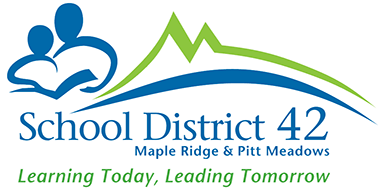Community Support Workers (CSWs) are dedicated paraprofessionals committed to improving the quality of life for individuals who face diverse developmental challenges. CSWs administer and implement a variety of social assistance programs and community services including: residential care, supported independent living (usually one-to-one assistance in a persons’s home and/or local community), assisting with daily life skills development, rehabilitation programs, and more for a variety of vulnerable community members, predominantly those who have developmental disabilities.
Ridge Meadows College’s CSW program graduates will also be equipped to support vulnerable populations such as, but not limited to:
- Community living residents
- Homeless persons
- Seniors
- Children with unique needs
- Pregnant teenagers
- People with substance use problems and addictions.
CSW Certificate: The 30 credit, full certificate program takes approximately one year (part-time) to complete. Full-time students begin by taking either Term A or Term B during their first semester of study, and then proceed to take the remaining term during their second semester. Students may begin their studies with either term. Following the completion of all course work, RMC will arrange a practicum placement for the students. Students may study part time at their own pace as long as they complete the program within 3 years. However not all courses will be offered every term, so students wishing to complete part time, should contact the office to ensure they choose the best schedule for their rate of study.
Courses are taught in a hybrid environment, with some being in-person, and others online. In most cases, students who are already working in the field may take a paid practicum at their place of employment.
CSWs can find work in environments such as:
- Community Living Organizations
- Housing and Outreach Organizations
- Seniors Support Services
- Government Agencies and School Systems
- Homeless Shelters
- Women’s Shelters
- Rehabilitation Centres
- Mental Health Centres
Applications and registrations are now open for the Spring/Summer 2026 semester.

